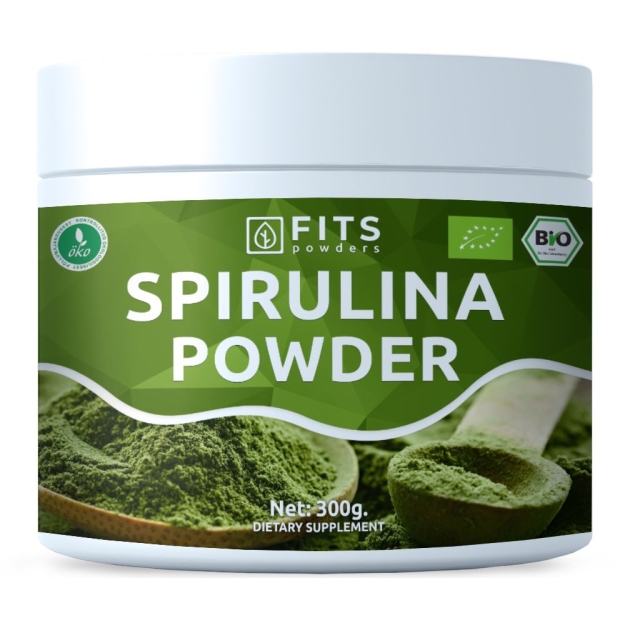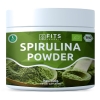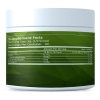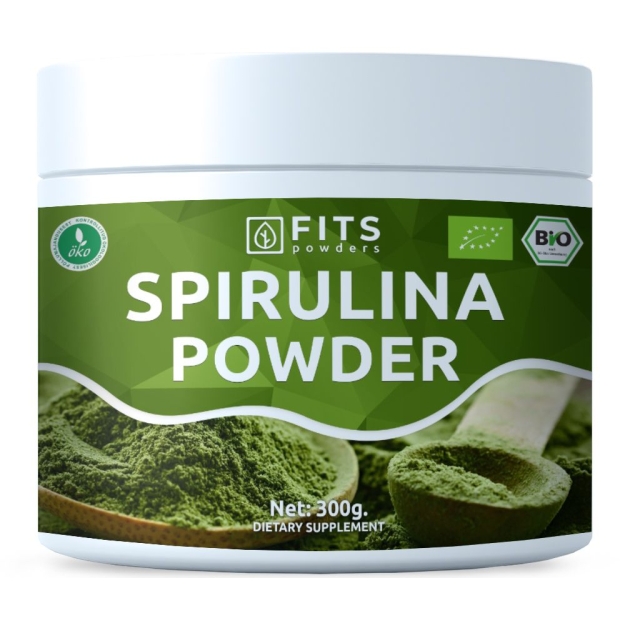What is spirulina?
Spirulina is a blue-green alga that grows in freshwater lakes in Africa and South America. In recent years, it is grown artificially as well because of very high demand. Since ancient times, spirulina has been known for its endurance and ability to survive in the most severe conditions, for example, in desert and volcanic areas.
Even the ancient Aztecs, who used this alga as a health product, guessed about its beneficial properties. Spirulina has been used in Chinese medicine for more than a thousand years. It promotes health improvement and helps succeed in the fight against diseases, saturating the body with healthful substances.
Composition and properties of spirulina
Spirulina contains more than a hundred active compounds, among which the most valuable are as follows:
- Amino acids. The alga contains 18 amino acids, including 8 irreplaceable ones. The body can synthesize any proteins it needs from this primary set.
- Beta-carotene. It prevents the early aging of cells, improves the state of the cardiovascular system and positively influences the immunity. The content of beta-carotene in spirulina is 10 times higher than in red vegetables.
- Vitamin D. It is involved in many metabolic processes in the body, increases the absorption of calcium by bone tissue, and strengthens the immune system.
- Vitamin C. It stimulates the body defenses. It is involved in the neutralization of toxins and the synthesis of collagen. It improves the absorption of iron and vitamin E.
- Vitamin B complex. It regulates the work of the nervous and cardiovascular systems. It plays an important role in the processes of cell division, tissue regeneration, metabolism of fats and carbohydrates.
- Folic acid. It is necessary for hematopoiesis, growth and division of cells, the work of the immune system.
- Iron. It is the main component of hemoglobin. According to the studies, iron contained in spirulina, is absorbed by 60% better than iron from other herbal preparations.
- Iodine. It provides normal functioning of the thyroid gland.
- Selenium. It is a natural antioxidant. It promotes the prevention of cardiovascular, oncological and liver diseases and diabetes.
Who is recommended taking spirulina?
Spirulina intake is especially useful for those who:
- undergo the increased physical and mental workloads,
- have an unbalanced diet,
- suffer from any chronic diseases (including cardiovascular ones and diabetes mellitus),
- are prone to frequent stress,
- have an active lifestyle,
- live in environmentally unfriendly areas.
















